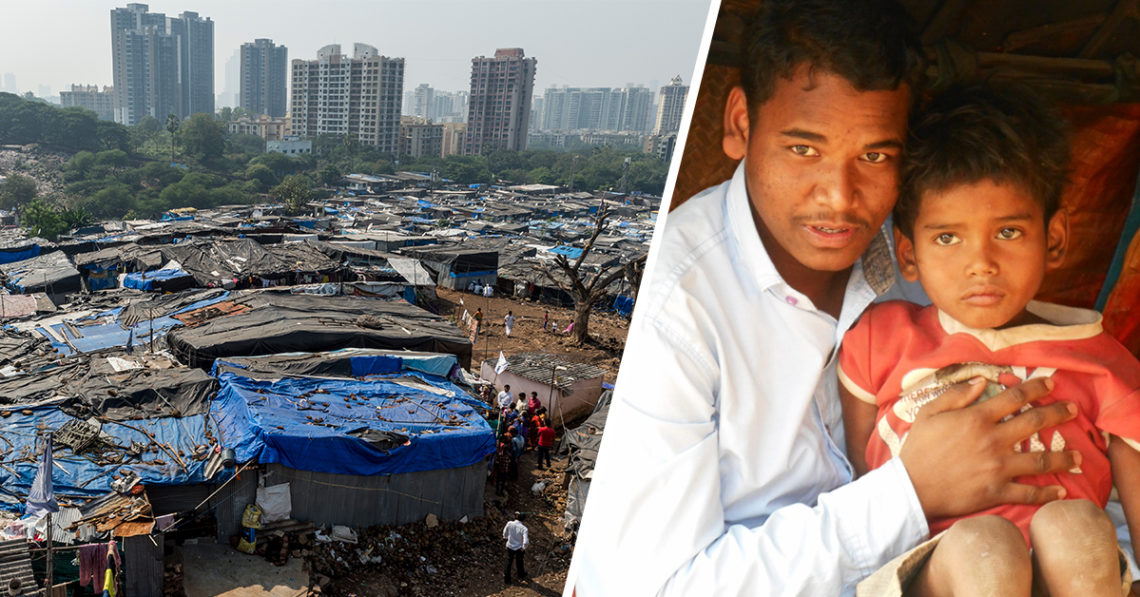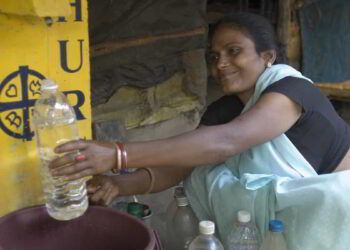Madin finally had to leave. Being from the lowest class, he had suffered exploitation and mistreatment at the hands of his upper-class neighbors all his life. He couldn’t handle the abuse anymore. Seeking peace for his family, he knew they could no longer live in their village. In the face of such hardships, Madin moved his family to a big city, hoping for more opportunities in a place where class was not the sole identity of an individual. Having no connections, the harassed family moved to a large slum within an overcrowded city. All over the world, millions of disenfranchised people have ended up in similar slum dwellings. In 2017, about 900 million people lived in slums across the globe.
From Rural Discrimination to Slum Dehumanization
Piecing together a new life for their family, Madin and his wife, Ramana, settled into their small shanty. During the day, their three children navigated the crude paths and huge garbage piles dotting the slum.
While free from the contempt of their previous neighbors, Madin’s and Ramana’s job opportunities had not improved. Most of the men worked as day laborers doing backbreaking work to earn meager wages, while the women of the slum worked mainly as ragpickers.
Ragpickers, an informal yet indispensable part of the waste-management system for many developing countries, sort recyclables from massive trash piles and litter along streets. These recyclable items are then sold to recycling centers, providing the desperately impoverished with a meager income. Considered one of the most dehumanizing jobs in the world, ragpickers are exposed to countless risks and diseases as they sort through human waste, used needles and hazardous materials searching for treasured recyclables.
Read the Rest of the Story on GFA.org











